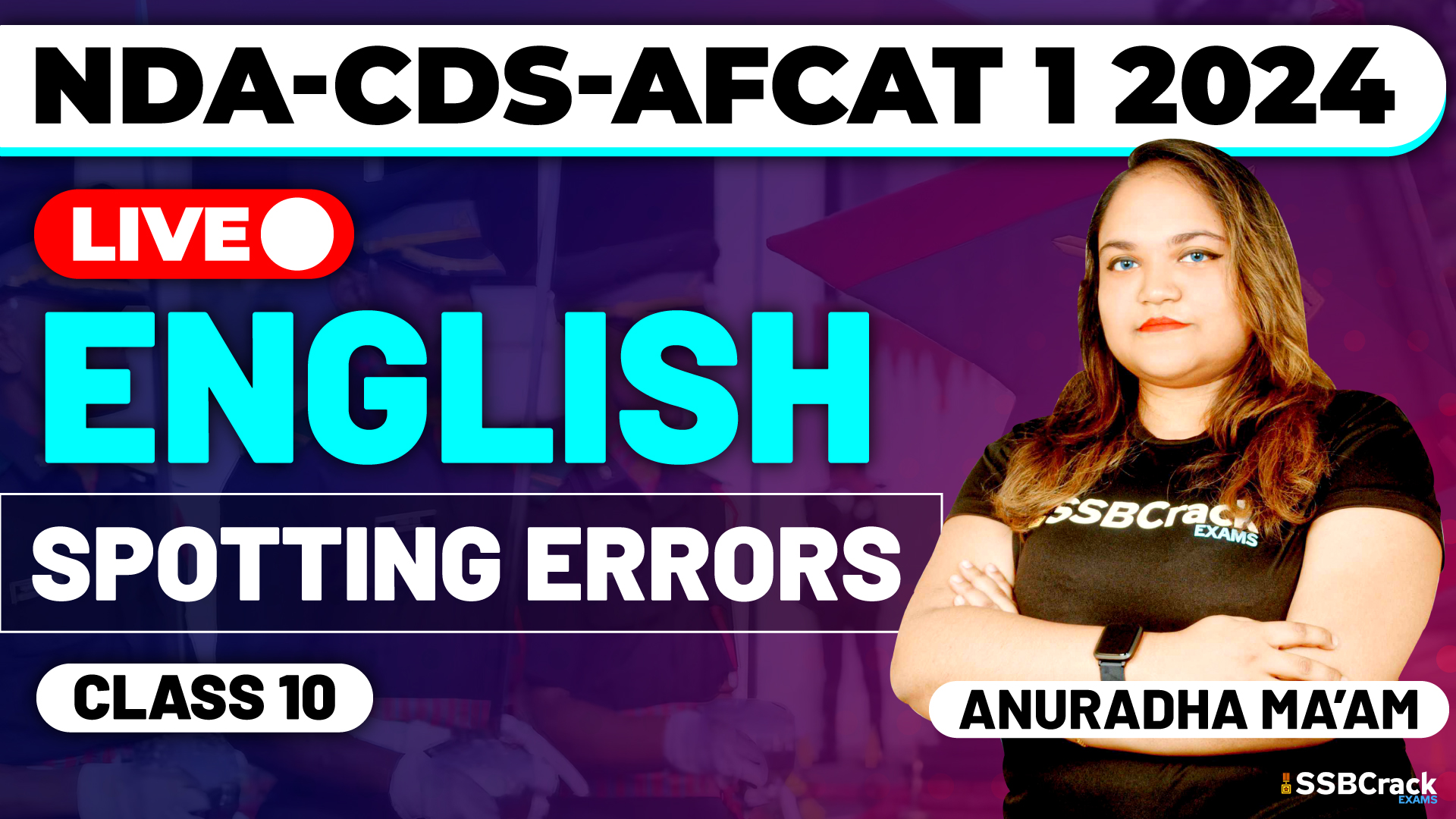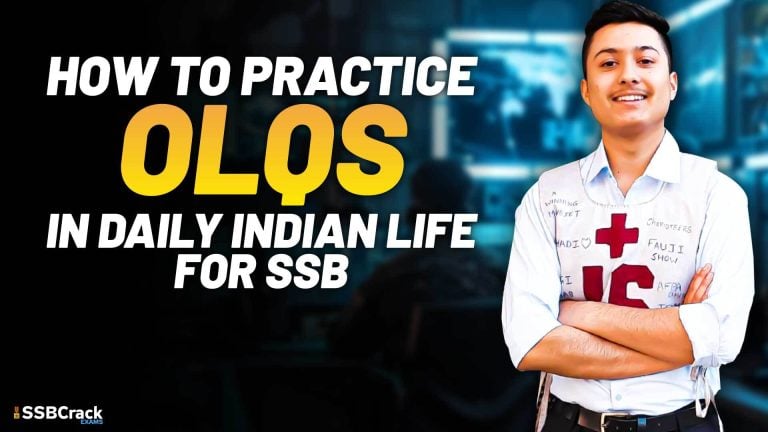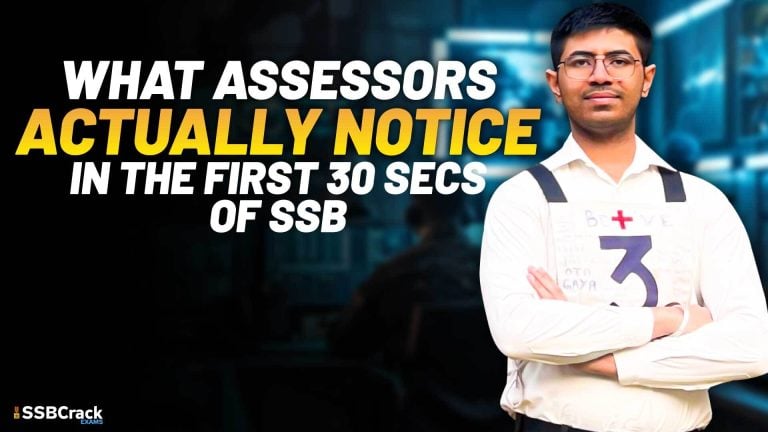In the realm of competitive exams like the National Defence Academy (NDA), Air Force Common Admission Test (AFCAT), and Combined Defence Services (CDS), the “Spotting Errors” section holds paramount importance. This section not only tests your grasp of English grammar but also your attention to detail and precision. Solving Multiple Choice Questions (MCQs) on spotting errors is both an art and a science. In this article, we will delve into the intricacies of spotting errors MCQs and explore strategies to tackle them effectively.
Understanding the Format
The spotting errors MCQs typically present a sentence divided into three parts, labeled as (a), (b), and (c). The task is to identify if there is any error in any of these parts. If you find an error, you must choose the corresponding letter (a, b, or c) as your response. If no error exists, you should select (d).
Q) The government warned the shopkeepers (a)/ that if they persist in charging unfair prices (b)/ their licenses would be cancelled. (c)/ No error (d)
Ans. (b)
Q) There was very heavy rain last night (a)/ and the rivers have over flown their banks (b)/ causing severe hardship to the people living by them. (c)/ No error (d)
Ans. (b)
Q) A leading textile manufacturer, one of the fastest growing in the industry (a)/ is looking for a marketing manager (b)/ to look up the marketing network of the company. (c)/ No error (d)
Ans. (c)
Q) Last month we celebrated (a)/ the wedding of our sister for whom (b)/ we have been looking for a suitable alliance for three years. (c)/ No error (d)
Ans. (c)
Q) The method suggested in the lecture (a)/ enables a student to learn more quickly (b)/ and to have remembered for a longer period of time. (c)/ No error (d)
Ans. (c)
Q) This box (a)/ is heavy than (b)/ the other one. (c)/ No error (d)
Ans. (b)
Q) CV Raman was one of the greatest sons of India (a)/ who has earned everlasting fame (b)/ for scientific researches. (c)/ No error (d)
Ans. (b)
Q) It is identification with the audience (a)/ that makes one come home from the play so much more (b)/ satisfied than one ever is after merely passive enjoyment of the show. (c)/ No error (d)
Ans. (c)
Q) It is the newspapers (a)/ that exposes us to the widest range (b)/ of human experiences and behaviour. (c)/ No error (d)
Ans. (b)
Q) Since the attachment of air-conditioned sleeping cars to all important trains (a)/ travelling became very pleasant (b)/ especially during the summer season. (c)/ No error (d)
Ans. (b)
Q) The driver as well as (a)/ the conductor are (b)/ responsible for this accident. (c)/ No error (d)
Ans. (b)
Q) Economics are (a)/ now-a-days included as a subject (b)/ in all colleges. (c)/ No error (d)
Ans. (a)
Q) I am not hungry (a)/ beside (b)/ I do not like eggs. (c)/ No error (d)
Ans. (b)
Q) We don’t really want a large house; (a)/ we are looking for some comfort (b)/ and some convenience on a moderate price. (c)/ No error (d)
Ans. (c)
Q) I will wait for you (a)/ at the office (b)/ till you will finish your work. (c)/ No error (d)
Ans. (c)
For more questions, watch NDA-CDS-AFCAT 1 2024 Exam English Live – Spotting Errors – Class 10
Key Strategies to Excel in Spotting Errors MCQs
- Read the Sentence Carefully: The first and most crucial step is to read the sentence thoroughly. Understand the context and meaning of the sentence before scrutinizing the individual parts.
- Analyze Each Part: Examine each part of the sentence critically. Check for grammatical errors, subject-verb agreement, verb tense, pronoun antecedent agreement, article usage, and parallelism.
- Maintain Consistency: Keep an eye on consistency in the sentence. Make sure the verb tenses and sentence structures are uniform and logical throughout.
- Subject-Verb Agreement: One of the most common errors is subject-verb disagreement. Ensure that the subject and verb in the sentence are correctly matched in terms of number (singular or plural).
- Pronoun Usage: Pay close attention to pronouns and their antecedents. Make sure they agree in number, gender, and person.
- Article Usage: Be cautious with articles (a, an, the). Ensure they are used correctly based on the context. Articles play a significant role in sentence correctness.
- Parallel Structure: Look for parallel structure in lists or comparisons. Items in a list should be structured the same way for clarity.
- Elimination Technique: If you’re unsure, try the elimination technique. Go through each part systematically and rule out the ones that are undoubtedly correct. This can help you narrow down the options.
- Context Matters: Always consider the context of the sentence. Sometimes, the meaning of the sentence can guide you to the correct answer.
Common Errors to Watch For
- Subject-verb agreement errors.
- Pronoun-antecedent agreement errors.
- Verb tense errors.
- Misplaced modifiers.
- Inappropriate article usage.
- Lack of parallelism.
- Redundancy and wordiness.
Conclusion
Spotting errors MCQs require not just a solid understanding of English grammar but also a meticulous approach to detail. By following these strategies and focusing on common error types, you can navigate these questions effectively. Remember that practice is key to improving your skills in this section. Regular practice with spotting errors MCQs will sharpen your ability to spot and correct errors with precision. As you delve into the world of spotting errors, embrace it as an opportunity to enhance your English language proficiency, a valuable asset on your journey to success in the NDA, AFCAT, and CDS exams.







